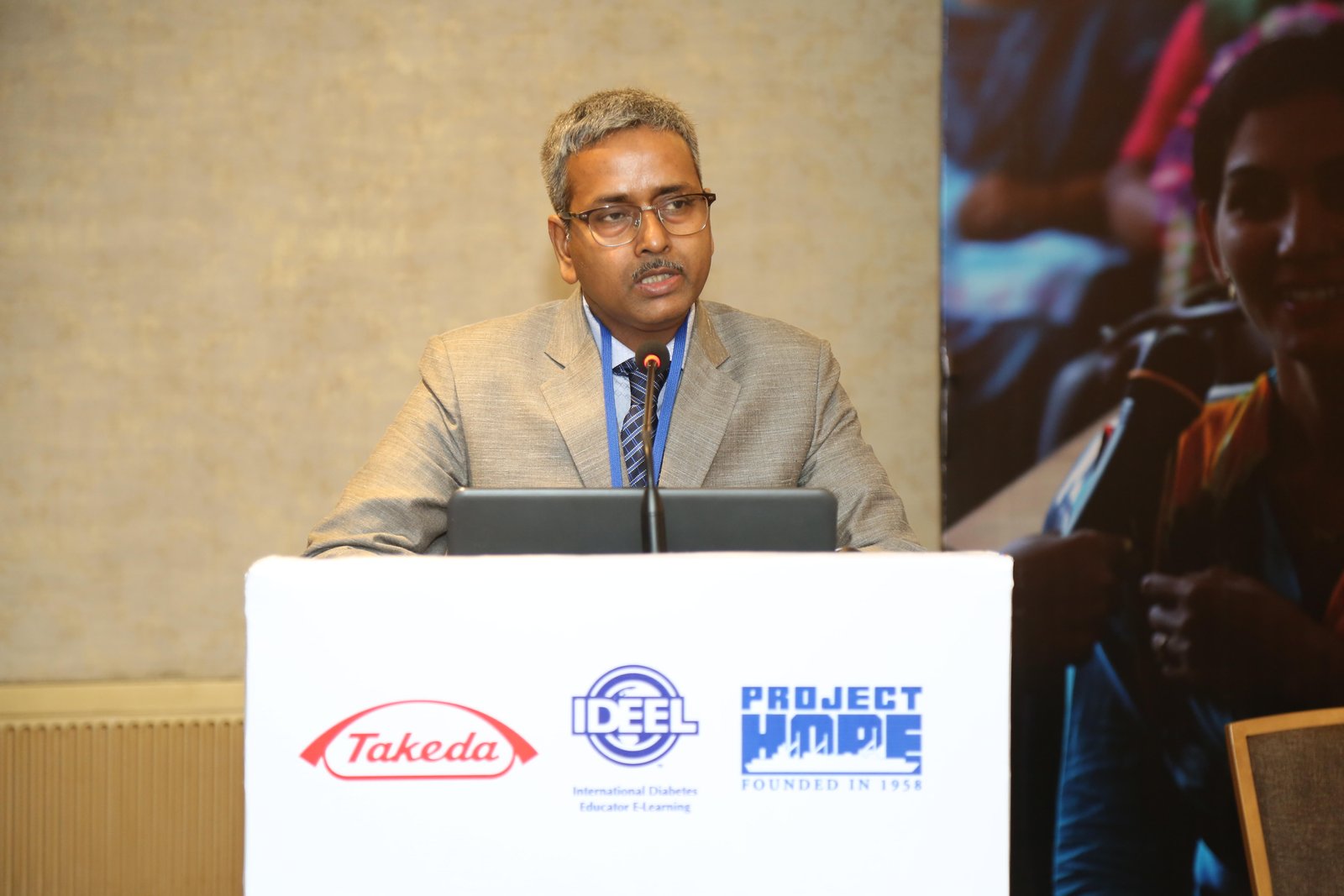India needs the “Acting at Scale Strategy” to combat NCDs
June 05, 2017 | Monday | Views
This invisible epidemic is an under-appreciated cause of poverty and hinders the economic development of many countries. Dr. Laxmikant Palo Regional Director - SE Asia Country Director – India, Project HOPE shares his views on NCDs in India
The burden and threat of Non-Communicable Diseases (NCDs) constitutes a major public health challenge that undermines social and economic development of India. WHO data from 2014 reflects that NCDs estimated to have caused 60% deaths in India. The probability of an Indian, in the age group of 30-70 years, dying at present from the four main Non-Communicable Diseases (NCDs) - diabetes, cancer, stroke & respiratory problems is 26%. Scientific knowledge demonstrates that the NCDs burden can be greatly reduced if cost-effective preventive and curative actions, along with interventions for prevention and control of NCDs are implemented in an effective manner.
This invisible epidemic is an under-appreciated cause of poverty and hinders the economic development of many countries.
Four critical issues hinder progress in Combating NCDs include
Lack of interventions focused on ensuring a continuum of care from community to secondary care: Revitalization and reorientation of health care services are required for early detection and management, timely referral, followup, prevent long term complications and selfmanagement. Utmost focus should be on health promotion, disease prevention, early detection and integrated care, particularly at the primary care level. Full implementation of actions in this area will lead to improve access to healthcare services, increase competence of primary health care workers, referral mechanism, and empowerment of communities and individuals for self-care and treatment
Inadequate knowledge & skills of health care workers:
Access to better health care by skilled professionals is a challenge. It is essential to assess the very diverse health-care needs of people with NCDs and design training programmes accordingly so that the health worker has the required skills to support on prevention, care and management of NCDs. The focus needs to be on continuum of learning from pre-service to in-service to ensure consistency and enhanced performance of the health workers.
Insufficient operational lessons to implement NCD programs:
The National Program for Prevention and Control of Cancer, Diabetes, Cardiovascular Disease and Stroke (NPCDCS) guideline of India has prioritized health promotion and preventive services to the general population as well as holistic care to the people with NCDs at the primary, secondary and tertiary levels of health-care with integrated management and a strong monitoring system for making services universally accessible. However, there are many operational challenges to implement the NPCDCS guidelines. Capturing the implementation lessons and improving operational aspects of the NPCDCS is essential.
Inadequate resource allocation to deliver critical interventions:
India need to find possible solutions for how healthcare systems can bridge the resource gap to deliver appropriate services for care and management of NCDs. Considering the magnitude of the problem adequate financial resource allocation is critical both from public and private sector. The lead health sector development and funding agencies need to prioritize their resource for NCDs. Inadequate funding will be a difficulty to achieve the desired targets of India in reducing deaths due to NCDs by 25% by 2025.
Within this context, successful plan and execution of population based screening, effective program implementation; and policy dialogue require transformational thinking to scale NCD programs in India. Working towards engaging stakeholders for increased government and private sector resource allocations for NCDs & performance actions are the way forward to scale NCDs interventions in India. The pressing need is “Acting at Scale Strategy” to Combat NCDs which requires new thinking and collaborative actions.









